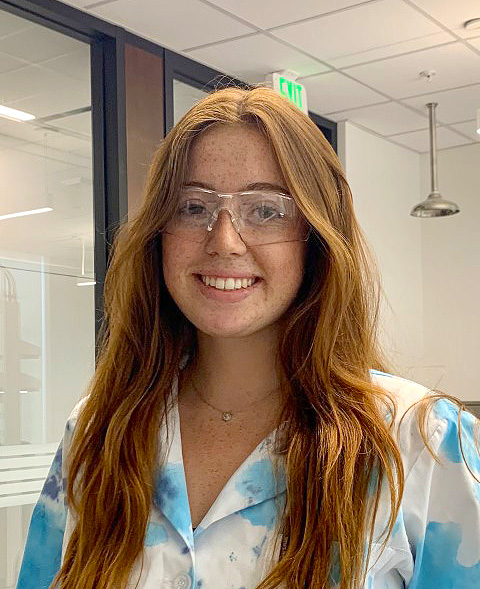Resources



The marine chemistry degree combines the best of the marine science courses with a chemistry program of great depth, which provides myriad opportunities for the aspiring oceanographer. The ocean is the largest aqueous mixture on the planet and therefore plays an important role in modulating the exchange and chemical composition of matter between the atmosphere, bedrock, sea and sediments. Interactions at the boundaries of the ocean affect seawater chemistry and influence the transfer and transformation of matter between reservoirs. The biological, chemical, geological and physical processes that affect seawater constituents necessitate an interdisciplinary course of study. Using this approach, the Bachelor of Science in Marine Chemistry prepares students for a career in the marine and chemical sciences, or for further study in graduate or professional programs.
Across the four major disciplines of biology, chemistry, geology and physics, experiential learning experiences are employed that promote intellectual growth while enhancing confidence, competence and problem solving through numerous hands-on opportunities. Additionally, two of the chemistry faculty are chemical oceanographers, and their research provides opportunities for student research and other real-world experiences.
A vast array of facilities and equipment are available for faculty and students for course work, experiential learning and faculty-led research. The Marine Science Field Station has both a wet lab and a dry lab, direct access to Tampa Bay and four different powered research vessels, including the BIOS, a 44-foot scuba-ready research vessel. The Department of Chemistry, Biochemistry and Physics also houses state-of-the-art equipment in its labs and facilities. See the UT catalog for specific information about required coursework.
“During my internship at the Florida Fish and Wildlife Conservation Commission, I had the opportunity to attend a graduate-level oceanography lecture. It was here where I learned that the level of courses taught at UT was more than enough for graduate coursework. I was able to follow along with the lecture and at times knew more about the processes in the ocean than the graduate students.”
- Sam Roussopoulos ‘18


